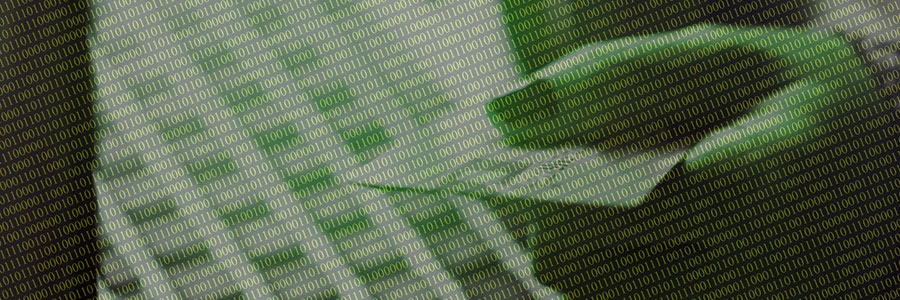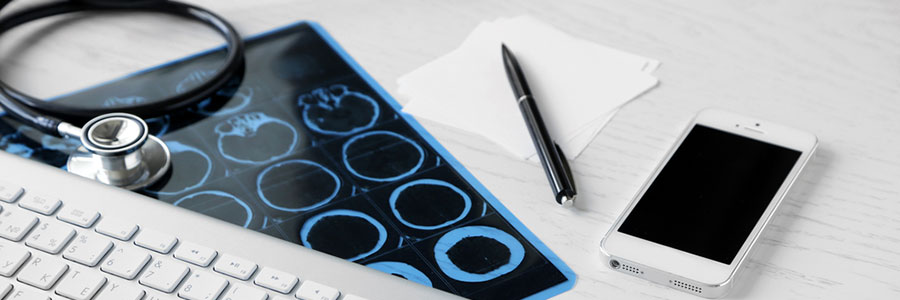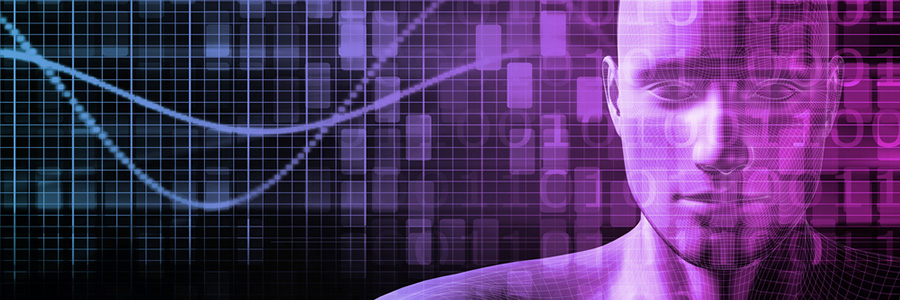More and more people are now forced to stay at home and work remotely to contain the spread of the coronavirus. Unfortunately, those who are used to working out in the gym may find it impossible to continue their regular exercise routine. The good news is, we have compiled a list of five easy exercise moves that don’t require gym equipment.
Stay balanced when working at home with these 7 tips

Companies across the globe are now looking into remote work to keep their employees safe from the coronavirus pandemic. Today's technology allows you to collaborate and communicate with your team from the comfort of your home. However, working remotely means there may be times when it is difficult to keep your day interesting and you might get "stuck" in the same routine, leading to burnout and even depression.
How blockchain can improve healthcare

In an era when data privacy has never been more important, blockchain has rapidly expanded into and taken over several industries, such as healthcare and pharmacological sciences. Propositions concerning blockchain-based technology are still in the process of development, but it's time to start familiarizing yourself with the technology.
AI is transforming healthcare — here’s how
Why more healthcare providers are using EMRs

More healthcare providers are ditching the traditional pen and clipboard, and are looking to electronic systems to house the records of their patients. Electronic medical records (EMR) offer healthcare professionals a quicker way of accessing and sharing patient information between offices and providers.
What an MSP can do for healthcare providers

More and more healthcare organizations are turning to managed services providers (MSPs) for their IT needs. This lets hospitals and clinics focus on being healthcare providers and not on being ad hoc IT professionals learning on the fly.
Here are some things to look for in a managed services provider before you consider partnering with one.
Cloud solutions have enduring value in healthcare

We’re long past the time when healthcare entities could justify being hesitant about cloud computing. It has surpassed on-site IT in terms of reliability and security if you know how to manage it properly. Just take a look at all the business benefits of cloud computing!
Easy information access
The increasing demand for doctors’ time means they have less time to review patient records.
Choosing the right EMR system

You and your patients can benefit from having an electronic medical record (EMR) software system in your clinic, healthcare facility, or hospital. It significantly helps healthcare professionals keep a more comprehensive and detailed record of all their patients’ medical information and treatment procedures.
Reasons to consider online scheduling

Top-notch care is no longer the sole criterion patients have for choosing which healthcare facility to go to. They now also look for the convenience that online scheduling delivers.
Even if the use of smartphones, tablets, and other internet-connected devices has already permeated society, many healthcare facilities have trouble keeping up with the times.
The rising popularity of telemedicine

Telemedicine — the practice of administering medical care remotely — is increasing in popularity because of its practicality. Most healthcare businesses have been implementing it for decades. Because of advancements in the healthcare industry, the variety of devices used, communication speed, and overall service quality, telemedicine has vastly improved recently.


